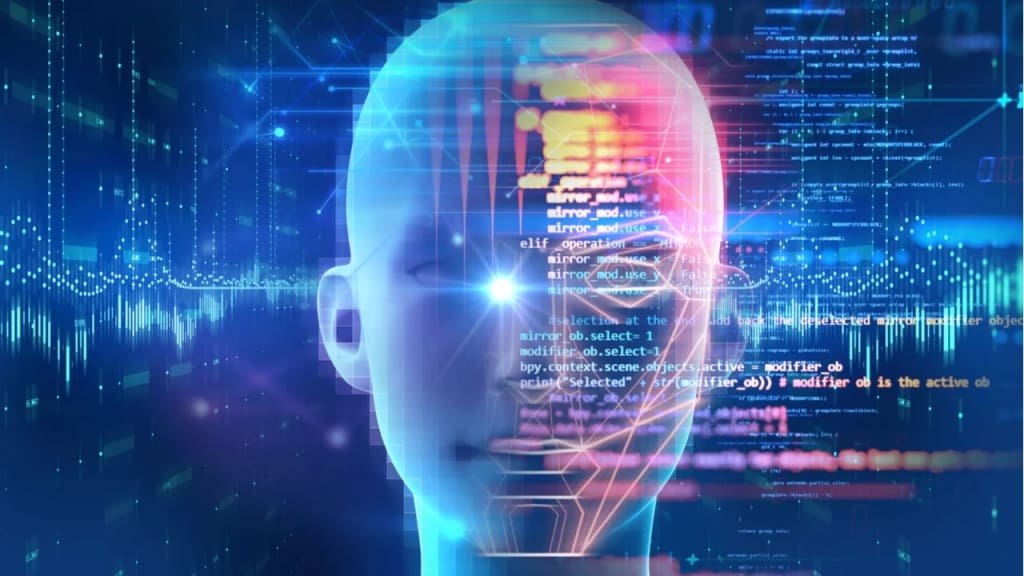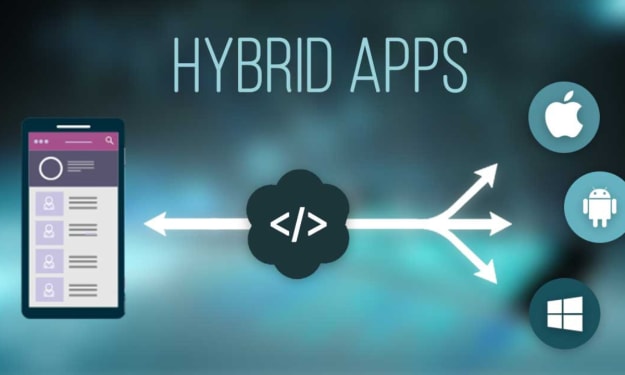The Dual-Edged Sword: Assessing the Risks of AI in Healthcare
All that Glitters is not Gold

Writer's Note: Hey guys! i am new here. I really need your support
Artificial Intelligence (AI) has ushered in a new era of innovation and transformation in the healthcare sector, offering promising solutions to longstanding challenges. However, with the rapid integration of AI into healthcare systems, it is crucial to acknowledge and address the potential dangers and risks associated with this technology. While AI holds great potential to enhance patient care, it also presents several significant dangers that warrant careful consideration.
1. Misdiagnosis and Errors
One of the most concerning risks of AI in healthcare is the potential for misdiagnosis and medical errors. AI algorithms rely on data inputs, and if the data is inaccurate or biased, it can lead to flawed recommendations or incorrect diagnoses. This could have catastrophic consequences, as medical decisions heavily rely on accurate diagnoses.
For example, if an AI system is trained primarily on data from a specific demographic group, it may struggle to provide accurate diagnoses for patients outside that group. This bias can lead to underdiagnosis, delayed treatment, or inappropriate interventions.
2. Data Privacy and Security
AI in healthcare relies heavily on the collection and analysis of sensitive patient data, including medical records, genetic information, and personal health details. Ensuring the privacy and security of this data is paramount, as any breach can lead to significant harm.
Hackers and cybercriminals are increasingly targeting healthcare organizations to gain access to valuable patient information. A breach can result in identity theft, medical fraud, or the exposure of sensitive medical histories. AI systems, while powerful, can become vulnerable points of attack if not adequately secured.
3. Lack of Human Oversight
Overreliance on AI systems without human oversight can be perilous. While AI can assist healthcare professionals in decision-making, it should not replace the critical role of human judgment and expertise. Relying too heavily on AI without thorough review and verification can lead to a blind trust in technology that may not always be infallible.
For instance, in situations where an AI algorithm suggests a treatment course, healthcare providers must exercise caution and consider the broader clinical context, patient history, and unique circumstances. Failure to do so may result in suboptimal care or adverse outcomes.
4. Liability and Accountability
As AI takes on more significant roles in healthcare decision-making, the question of liability and accountability becomes complex. When an AI system makes a mistake or provides incorrect recommendations, it can be challenging to determine who bears responsibility—the healthcare provider, the developer of the AI algorithm, or the institution utilizing the technology.
The lack of clear guidelines and legal frameworks for AI in healthcare can lead to legal disputes and challenges in holding the responsible parties accountable for any harm caused by AI errors.
5. Ethical Concerns
AI-driven healthcare systems raise ethical concerns regarding patient consent, transparency, and decision-making. Patients should have a clear understanding of how AI is used in their care, and they should have the option to opt out if they are uncomfortable with AI involvement. The lack of transparency in AI algorithms and decision-making processes can erode patient trust.
Additionally, ethical dilemmas may arise in situations where AI algorithms prioritize certain factors, such as cost-effectiveness, over patient well-being. Striking a balance between ethical considerations and the utilization of AI for healthcare decisions is an ongoing challenge.
6. Job Displacement
The implementation of AI in healthcare may also lead to concerns about job displacement. While AI can augment healthcare professionals' capabilities, there is a fear that it may replace certain roles, particularly those involving routine tasks, such as data entry and basic diagnostics. The displacement of healthcare workers could have economic and social consequences.
However, it's worth noting that AI's primary goal is to enhance healthcare outcomes, not replace human expertise. Healthcare professionals can collaborate with AI systems to improve patient care and efficiency.
Conclusion
While AI has the potential to revolutionize healthcare by improving diagnostic accuracy, streamlining administrative tasks, and personalizing treatment plans, it is not without its dangers. Misdiagnosis, data privacy concerns, a lack of human oversight, liability and accountability issues, ethical dilemmas, and potential job displacement are all significant risks associated with AI in healthcare.
To harness the benefits of AI while mitigating these risks, healthcare organizations, policymakers, and technology developers must collaborate to establish robust regulatory frameworks, ensure data security, maintain transparency, and emphasize the importance of human judgment and expertise in the decision-making process. By addressing these challenges head-on, we can harness the full potential of AI to advance healthcare while safeguarding patient well-being and privacy.





Comments (1)
Terrific! Well written!